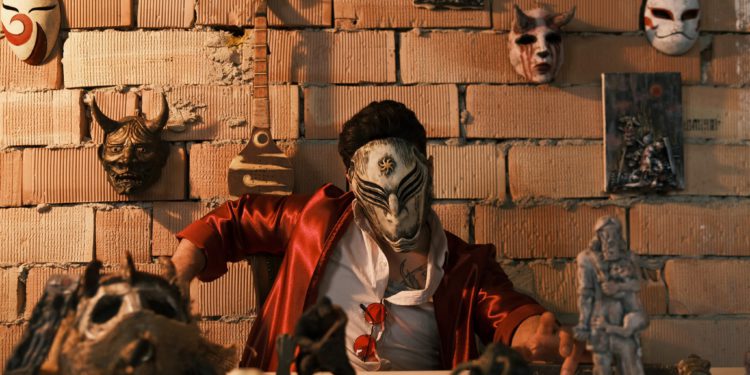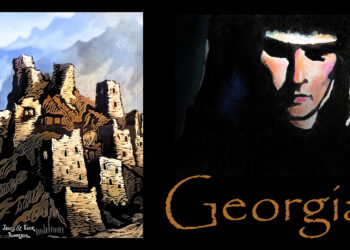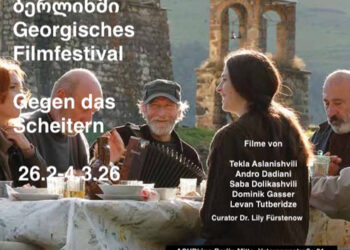Khelketa is a Georgian startup brand that offers customers handmade masks and accessories. Its founder is Shota Tskilishvili, who is a master of wood art processing and information technology. At the Tbilisi State Puppet Theater, he teaches the art of acting and puppetry, yet he simply calls himself an artist.
GEORGIA TODAY spoke to him to find out more.
Tell us about Khelketa. How did you come up with the idea?
I started public activity at the age of 15, then I divided my action plan into stages and created a public movement “Caucas”, which was focused on cultural/charitable and other national activities. At the same time, there was a need for finances, I was not really in favor of being financed and I did not want to have a standard job, so I decided to stop the project.
That time I felt it was the right time to use my own skills. I’m a self-educated person. I must be honest, due to the difficulties of my life, I had to oppress my own creativity. But in the end, those abilities and skills saved me, and Khelketa is the place into which I pour all my resources and creativity.
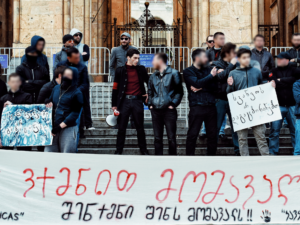
What exactly do you offer to customers?
At this moment, I create masks and accessories. Soon, I plan to grow my business and am going to work on leather goods, costumes, clothes, toys, collectibles, wall paintings, relief works, and to expand my business in every other existing creative direction. What can I do other than creating the first Georgian production and hiring really talented people and offer high-quality goods that are really valuable?
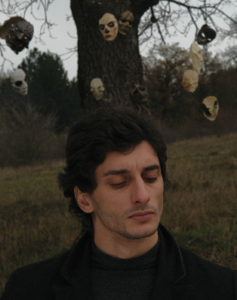
Do you create masks, sculptures?
Actually, at this point, Khelketa only represents one man and that is me, but I have people who help me. I have to do all those things: Design of works, ideas, sculpting/shaping, casting /
covering, as well as page marketing, customer service, etc. I have to admit that my friends, actually very cool photographers, Lucas Shermadini and Giorgi Meurmishvili, play a huge part in making everything run smoothly in my production.
What is your inspiration?
My inspiration comes from a mixture of knowledge and imagination. I love mysticism, history, mythology, religion. The best catalysts are probably strong emotions or music.
Where did the idea of creating masks come from?
It’s a characteristic theme. I have always had a particularly negative attitude towards hypocritical people. When I removed my own “mask”, I started creating masks that embodied different events, emotions, and attitudes that we can adjust to at any time, finding a connection with them, being them, or using them to be real. This is part of creativity, but at the same time I looked at the situation pragmatically. I used environmental conditions and opportunities to start doing what I always loved: creating faces, and turned it into a business.
What are your future plans?
My plans are simple: I want everything to work out.
Interview by Ketevan Skhirtladze

